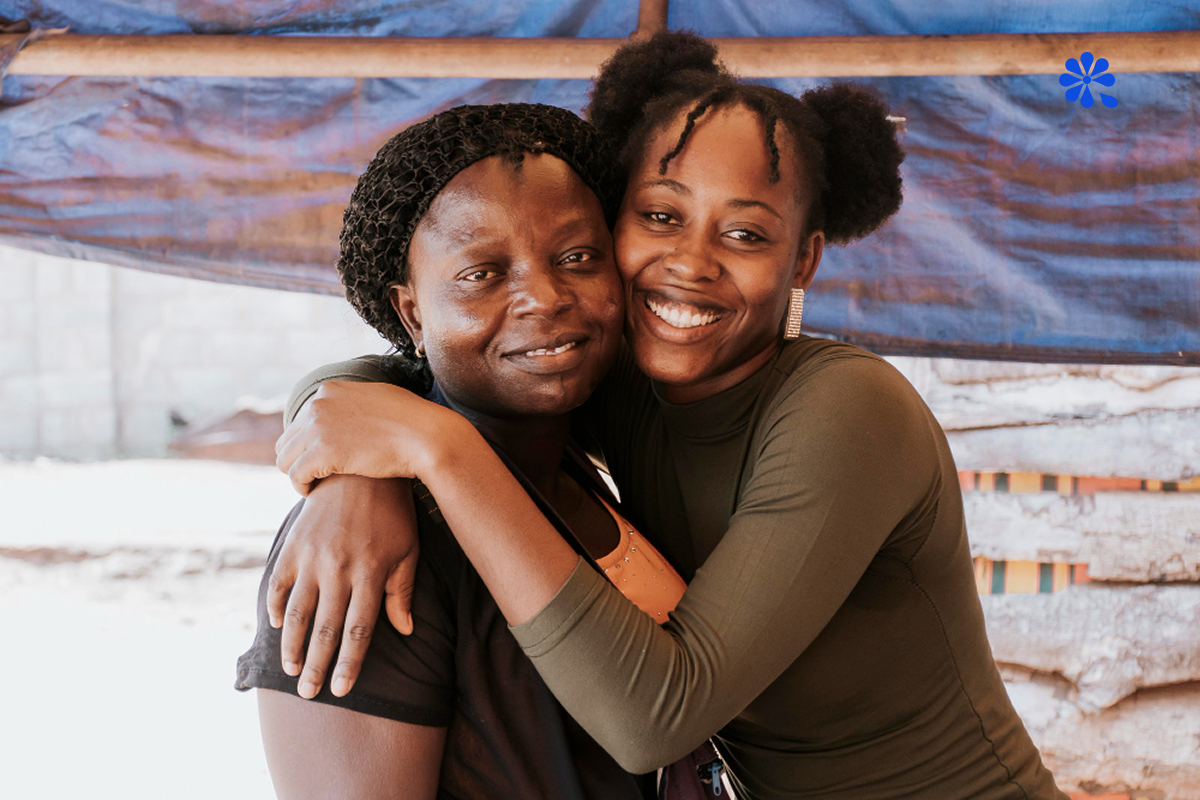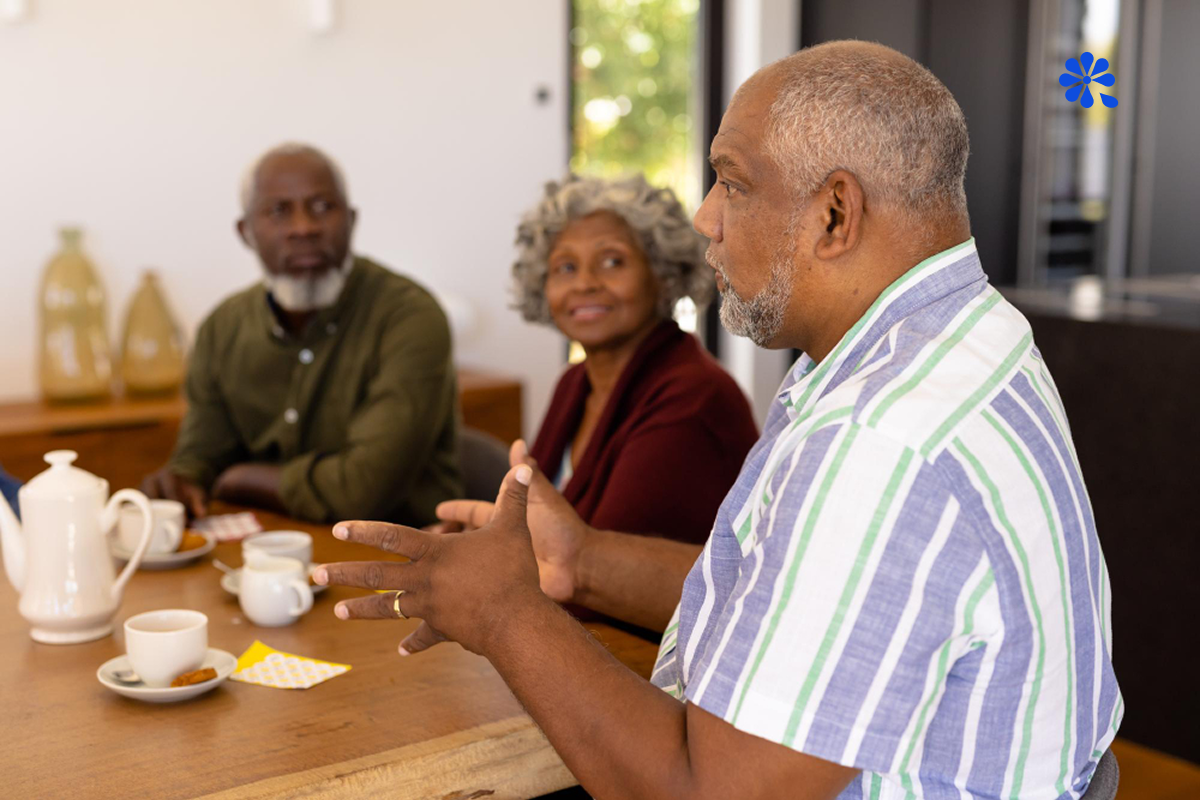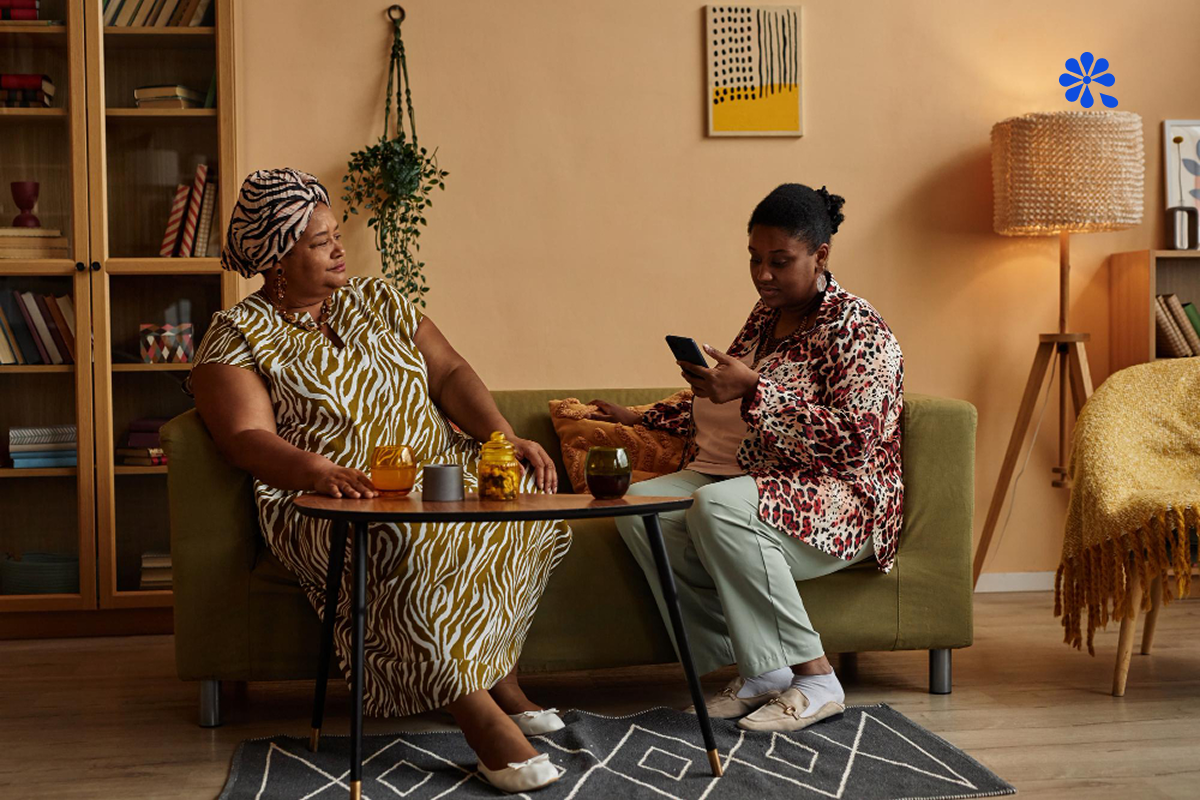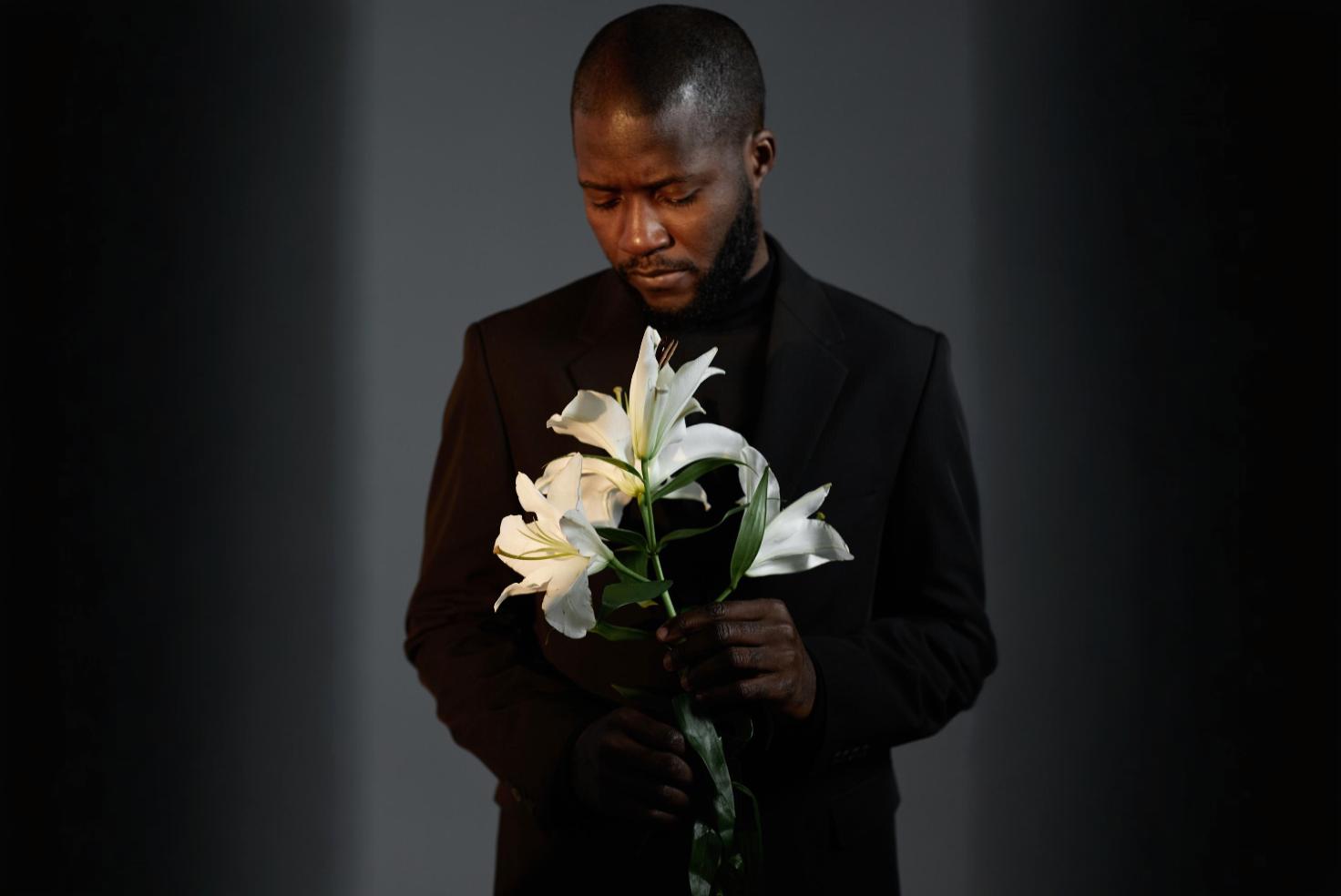When death strikes a family in Kenya, emotions run high and decisions pile up quickly. Suddenly, relatives find themselves dealing with dozens of calls, endless logistics, and mounting costs — all while trying to grieve. It’s overwhelming, especially if you’ve never been involved in planning a funeral before.
One of the first surprises is just how many different service providers, or “vendors,” you’ll need to engage. From mortuary services to transport, catering to tents and chairs, funerals in Kenya have become complex events that require coordination. Knowing in advance who these vendors are and what they do can make a world of difference.
This article breaks down the eight most common funeral vendors you’re likely to encounter, what they provide, and why they matter. The goal is simple: to help you feel less blindsided, more prepared, and better equipped to support your family during one of life’s hardest moments.
At a Glance 🕊️
- ·
Funerals in Kenya often require coordination of multiple vendors, each serving a unique role.
- ·
Knowing the most common vendors helps families avoid last-minute panic and confusion.
- ·
Costs vary, but clarity on services prevents hidden surprises.
- ·
Preparation allows families to focus on grief and togetherness rather than logistics.
Why Vendors Matter in the Funeral Journey
In many Kenyan communities, funerals are not just private family moments — they are communal events. Hundreds of people may attend, with extended family, church members, neighbors, and colleagues all expected to be present. This cultural expectation means that funerals often resemble large-scale events, requiring careful organization.
The downside is that families already stretched emotionally and financially must suddenly coordinate multiple vendors under immense pressure. Without guidance, this can lead to unnecessary stress, duplicated costs, or services being overlooked. Understanding who the key vendors are helps families feel less lost and more in control. It transforms the process from chaotic to manageable — and allows space for what really matters: honoring the loved one’s memory.
The 8 Most Common Funeral Vendors
1. Mortuary and Body Care Services
The mortuary is often the first vendor a family deals with after death. Services range from storage to embalming and preparation for viewing.
- ·
Body preservation: Ensures the body is kept in proper condition until burial.
- ·
Viewing preparation: Families may request dressing, make-up, or presentation for open casket moments.
- ·
Hospital connection: Many hospitals in Kenya operate their own mortuaries.
Choosing a mortuary early helps reduce last-minute stress and preserves dignity for your loved one.
2. Transport Services
Moving the body from the mortuary to the home, church, and eventually the burial site requires specialized vehicles.
- ·
Hearse services: Professional vehicles designed to carry the casket safely.
- ·
Family vans/buses: Transport for relatives and mourners to and from the burial site.
- ·
Long-distance travel: Especially important for upcountry burials far from Nairobi.
Reliable transport ensures the journey to final rest is handled with care and respect.
3. Casket and Coffin Providers
The casket or coffin is often one of the most significant purchases in a funeral budget.
- ·
Range of options: From simple wooden coffins to ornate caskets.
- ·
Cultural symbolism: Choice may reflect the family’s status or honor for the deceased.
- ·
Budget flexibility: Vendors often have a wide price spectrum to accommodate families.
💡 Withpema can help families compare and organize vendors to avoid last-minute overspending driven by grief.
4. Tent, Chairs, and PA System Rentals
For most Kenyan funerals, gatherings are held at the family home, requiring hired equipment.
- ·
Shelter and seating: Tents and chairs accommodate large crowds, rain or shine.
- ·
Public address system: Ensures sermons, speeches, and announcements reach everyone.
- ·
Set-up and take-down: Vendors typically manage logistics, allowing families to focus elsewhere.
This vendor ensures mourners are comfortable and the service runs smoothly.
5. Catering and Food Services
Feeding mourners is both a cultural obligation and a practical necessity, especially in rural funerals where gatherings can last several days.
- ·
Tea and snacks: Provided at the home or during overnight vigils.
- ·
Meals for large numbers: Vendors prepare traditional foods in bulk.
- ·
Cost-sharing model: Sometimes extended family contributes, but vendors provide structure.
Food at funerals is more than nourishment — it’s an expression of hospitality and community care.
6. Floral and Décor Providers
Flowers and décor add dignity, beauty, and solemnity to the funeral service.
- ·
Wreaths and bouquets: Often purchased by family, friends, or organizations.
- ·
Gravesite décor: Floral arrangements for the burial site.
- ·
Aesthetic touch: Helps create an atmosphere of respect and remembrance.
Small touches of beauty help families and mourners celebrate life even in grief.
7. Media and Printing Services
In Kenya, funerals often include printed and digital materials to share information and honor the deceased.
- ·
Obituary posters: Printed notices distributed in towns and estates.
- ·
Programs and order of service: Booklets guiding mourners during the ceremony.
- ·
Photography and videography: Families may want to capture the day for memory and diaspora relatives
💡 Withpema offers a central memorial page where these updates and tributes can live digitally, reducing costs and duplication.
8. Grave Diggers and Masonry Services
At the final stage, practical services are required at the gravesite.
- ·
Grave preparation: Digging and ensuring safe dimensions.
- ·
Burial support: Assisting during the lowering of the casket.
- ·
Post-burial masonry: Some families choose to erect a headstone or structure immediately.
These vendors carry the final responsibility of ensuring a respectful, secure resting place.
Withpema Insight 🌼
Funeral vendors may feel like a blur in the storm of grief, but each plays a crucial role in helping families carry out a dignified farewell. By centralizing updates, contacts, and payments in one place, families can reduce overwhelm and focus on being present with loved ones. Withpema provides that bridge, allowing order to emerge from what otherwise feels chaotic.
Parting Thought: Lighten the Burden Together
Funerals in Kenya are a blend of tradition, community, and logistics. While no one can remove the sorrow of loss, preparing and knowing who to call makes the journey gentler. Each vendor you engage is part of a larger web of support, helping to carry the weight when your family needs it most.
Remember: you don’t have to do everything alone. By leaning on trusted vendors and tools like WithPema, you give yourself the gift of space to grieve — and the peace of knowing your loved one’s farewell is handled with dignity and care.






















